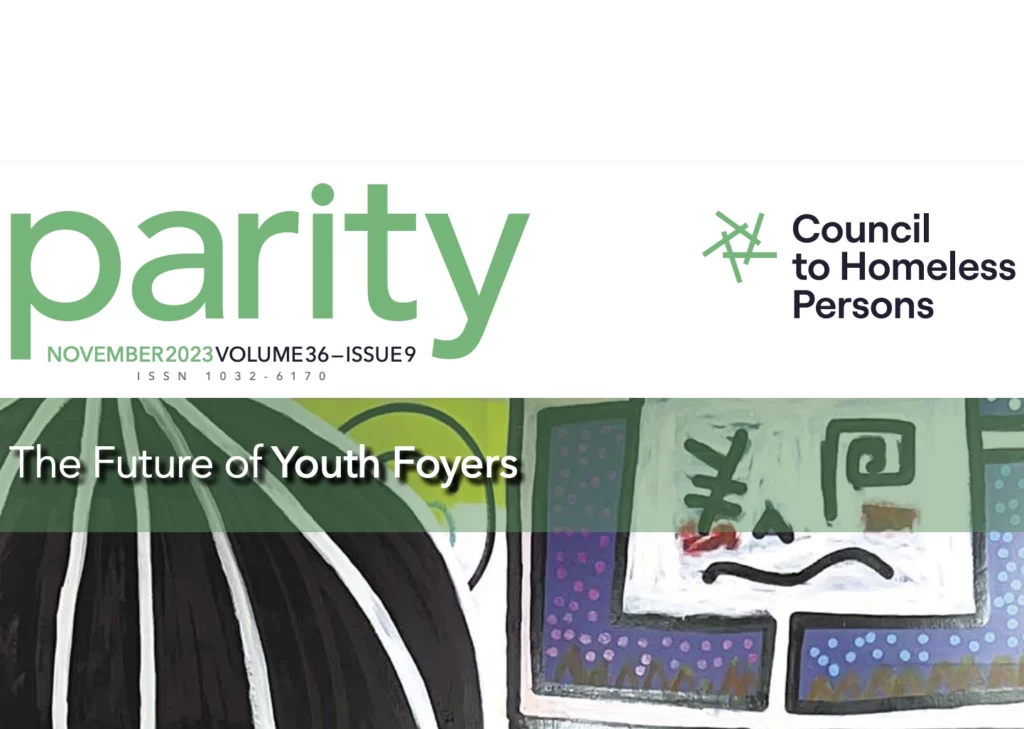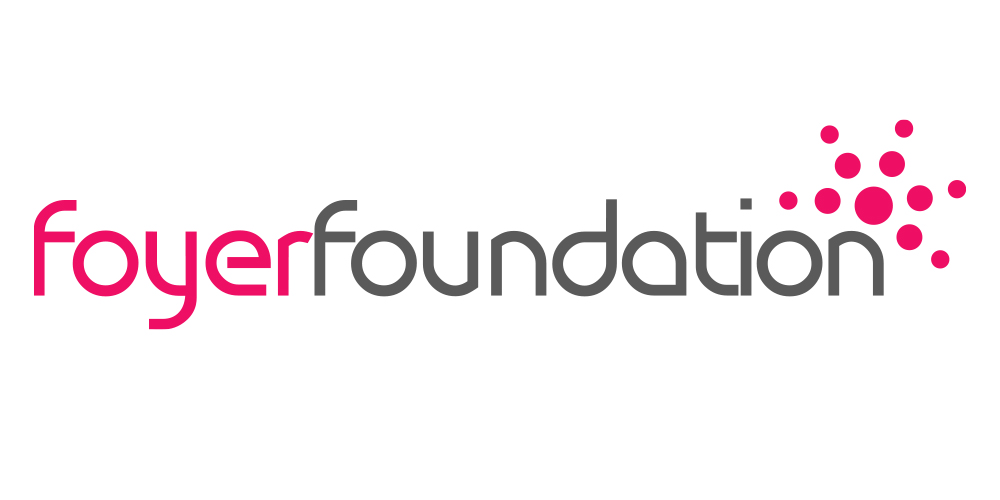What we’re doing
Foyers undergoing accreditation to share and document emerging themes and commonalities in research, elevate key practice developments, develop an advocacy strategy and provide rigour behind the campaign for the expansion and further development of the Foyer approach nationally.
What is needed
- Share expertise to identify ‘what works’ across Foyers.
- To ensure that research informs practice and contributes to a cycle of continuous improvement, and that there is rigour to data collection, evaluation and monitoring efforts.
- Provide guidance on the development or refinement of tools and resources to support service delivery, and share these amongst members of the CoP to enhance practice.
- Share and identify opportunities for innovation and improvement, including potential partnerships.
- Identify and develop opportunities for campaigning about Youth Foyers within the broader service system.
- Using data and evidence drawn from Foyers nationally, the Community of Practice aims to support the development of a strong case for system reform around the way government invests in young people experiencing homelessness, and to advocate for better ways of funding services for young people.
Expected Outcomes
- Key ingredients of the Community of Practice
- Shared values: including valuing and investing in young people’s capabilities and in drawing on their voices and experiences in developing, implementing and refining programs and practice.
A collective vision: commitment to demonstrating a collaborative approach to the delivery of services for young people experiencing homelessness. - Clarity of purpose: sharing ideas, expertise and resources to achieve positive outcomes for young people.
- Core ingredients of a model and practice approach: agreement around testing, developing and refining key features of the Foyer model and Advantaged Thinking practice approach.
Non-directive leadership: an intermediary or ‘backbone’ organisation (the Foyer Foundation) to drive the work and facilitate meaningful contribution and collaboration. - Access to resources and support: to enhance practice.
- Adequate resourcing and infrastructure: to enable face-to-face meetings and forums supported by online platforms for collaboration and to facilitate learning and development.
- Co-design: leveraging the complementary expertise of organisations, businesses, communities and young people to co-create more effective and innovative approaches to enabling young people to thrive.
- Monitoring and evaluation: embedding a rigorous impact, monitoring and evaluation framework to ensure ongoing learning and to evidence innovations.
- Understanding place: recognising the expertise of organisations in their community, and demonstrating a commitment to understanding the way in which this shapes service delivery through regularly meeting organisations in their local context.






